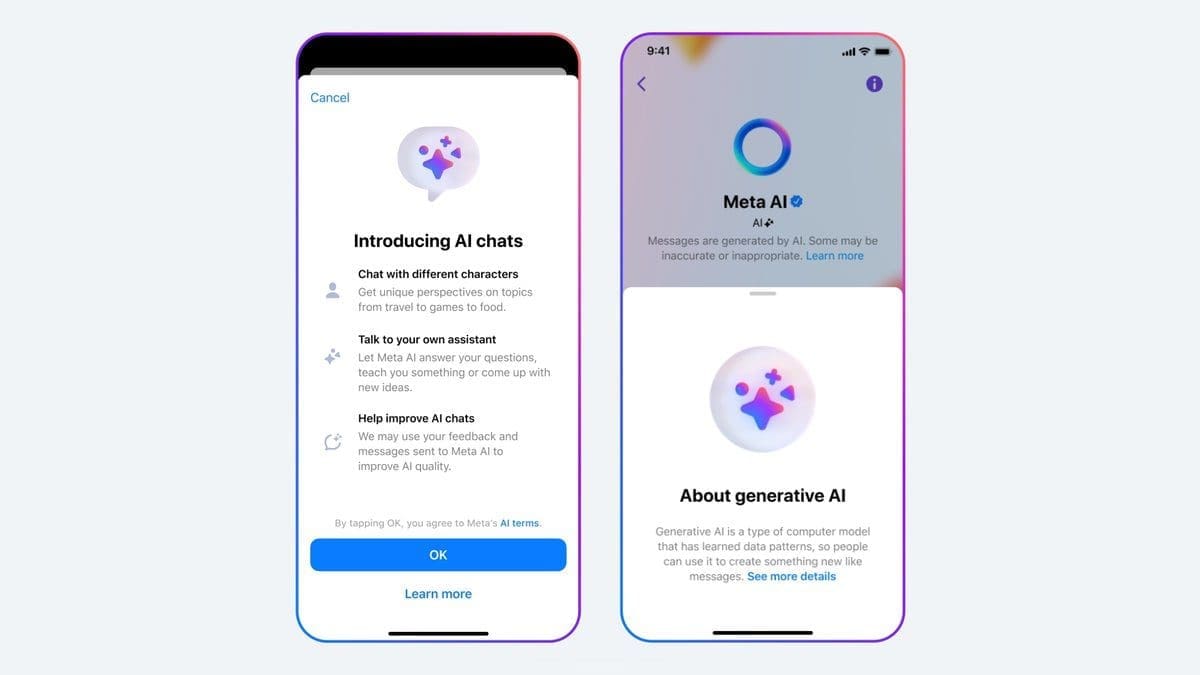Google announced that it is suing a group of scammers known as “DOES 1-3” in a lawsuit. The scammers allegedly put up social media sites with links to downloads of Google’s AI chatbot Bard, which actually contained malware designed to steal login information. Google alleges that the scammers attempted to steal financial information from small businesses and advertisers.
The trial is being held in the United States District Court for the Northern District of California, San Jose Division. Google’s complaint includes trademark infringement for using Google’s logos in the scam. Google also requested a permanent injunction to stop the scammers from offering the fake Bard download, and for the scammers to pay damages, including the money they made from the scam.
In a blog post, Google’s General Counsel Halimah DeLaine Prado wrote, “As public interest in new generative AI tools has increased, scammers are taking advantage of unsuspecting users. We are seeking an order to stop the scammers from setting up such domains and allow us to have them disabled with US domain registrars as a deterrent for similar scams in the future.”
Prado added, “Keeping you safe online is core to our business. Every day, Gmail blocks over 100 million phishing attempts, Safe Browsing protects over 5 billion devices, and Google Play scans over 100 billion apps. For the latest scams, lawsuits are an effective tool for establishing a legal precedent, disrupting the tools used by scammers, and raising the consequences for bad actors.”
Another lawsuit mentioned in the blog post is related to bad actors using fake copyright takedowns to harm competitors, abusing the Digital Millennium Copyright Act (DMCA), which led to the takedown of over 100,000 business websites, costing them millions of dollars and thousands of hours in lost employee time.
Google’s Prado wrote, “Today’s actions are part of our ongoing legal strategy to protect consumers and small businesses and establish needed legal precedents in emerging fields of innovation. Clear rules against frauds, scams, and harassment are important and we’re committed to doing our part to protect the people who use the internet from abuse.”













